Television is the most perfect democracy. You sit there with your remote control and vote
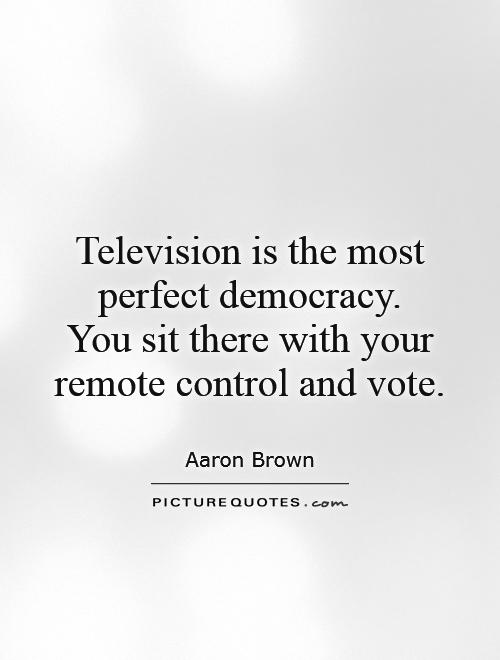
Television is the most perfect democracy. You sit there with your remote control and vote
Television has long been considered a powerful medium for shaping public opinion and influencing societal norms. With the rise of cable news networks in the late 20th century, the role of television in shaping political discourse and public perception has only grown more pronounced. One of the most prominent figures in this landscape was Aaron Brown, a veteran journalist and news anchor known for his calm demeanor and thoughtful analysis.Brown's career spanned several decades, during which he covered some of the most significant events in recent history, from the September 11th attacks to the war in Iraq. As the host of CNN's flagship program "NewsNight with Aaron Brown," he became known for his ability to distill complex issues into digestible segments and provide viewers with a deeper understanding of the world around them.
In many ways, Brown embodied the idea that television is the most perfect democracy. As a news anchor, he served as a conduit for information, presenting viewers with a range of perspectives and allowing them to form their own opinions. With the power of the remote control in their hands, viewers could choose which stories to engage with and which voices to listen to, effectively voting on the issues that mattered most to them.
Brown's approach to journalism was characterized by a commitment to objectivity and a willingness to challenge conventional wisdom. He was not afraid to ask tough questions or challenge the status quo, earning him a reputation as a trusted voice in a sea of sensationalism and partisan rhetoric.

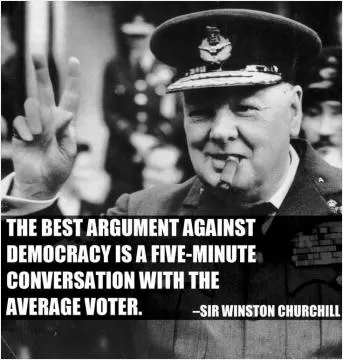

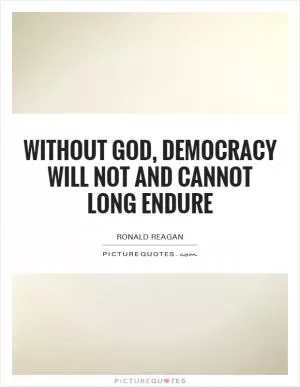
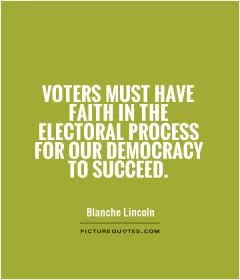
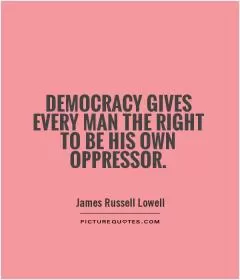
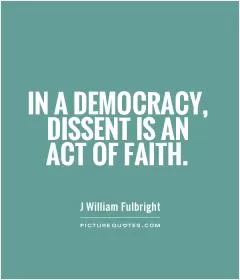
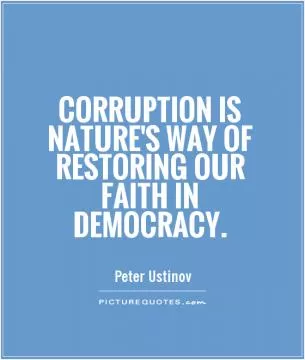
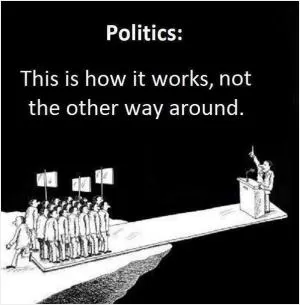
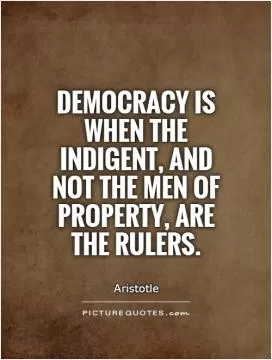
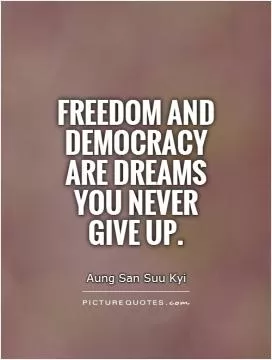
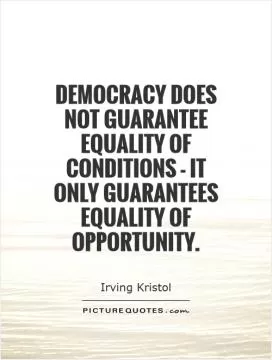
 Friendship Quotes
Friendship Quotes Love Quotes
Love Quotes Life Quotes
Life Quotes Funny Quotes
Funny Quotes Motivational Quotes
Motivational Quotes Inspirational Quotes
Inspirational Quotes